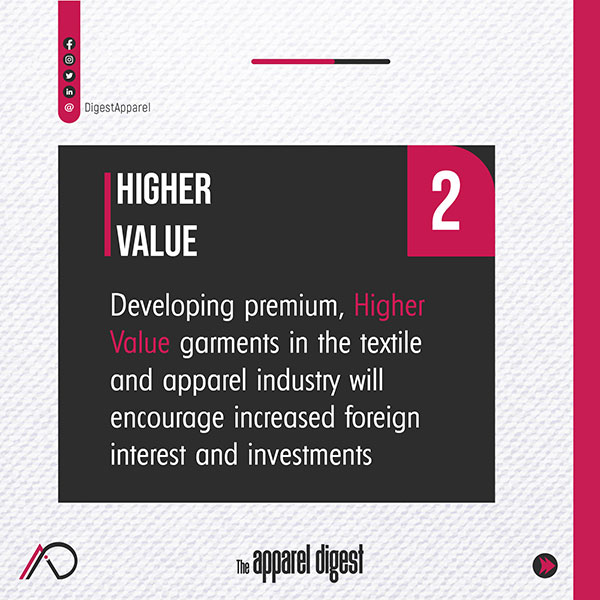The shopping list always starts small, maybe with just a new outfit for Eid and a gift or two for loved ones. But before you even realise it, the cart is overflowing, your wallet is lighter, and somehow, half the things in your bags are imported. It might not be intentional; it just happens. But have you ever paused to think, what if this year, we went a little more deshi?
Maybe it’s time we do. After all, homegrown things of our local craftsmen, along with adding aesthetics to our lives, bring a piece of our own heritage into our homes and wardrobes that resonates with our identity and culture in a way that feels perfect. It’s in the tiny details, the human touch, the authenticity and the imperfections that make them perfect.

Long before fast fashion and mass-produced items blurred the line between quality and convenience, our local artisans have been crafting, for centuries, from locally resourced raw materials. Be it the handwoven Jamdani saree carrying the history of century-old traditions or the khadi panjabi that besides looking elegant lets our skin breathe, blends with our weather, our culture, and our way of life so effortlessly that no synthetic imported garments can ever replace.
Besides clothing, our homes deserve the same consideration. A handwoven shatranji from Rangpur under the tea table, a jute basket casually sitting in the corner, or a piece of nakshi kantha thrown over the couch add warmth and aesthetic to your living room that imported items never can. There’s a different kind of pride in knowing that the intricate patterns on your cushion cover were not printed by a machine but embroidered by a skilled hand from our own land.

Still, somehow, most of us instinctively end up purchasing imported products, thinking they offer better value. While mass-produced items might seem affordable, even cheaper, at first glance, in terms of quality, uniqueness and authenticity they rarely stand out. And as more people choose homegrown products, production scales up, making them even more accessible and budget-friendly.

It’s a cycle, one that benefits both artisans and consumers alike!
Every time we buy locally produced items, we are not just consuming, we are making a statement. We are supporting the local artisans, and small businesses that keep our culture and years of tradition alive so that our artisans do not have to abandon their craft for other works just to make ends meet. We are also giving back to the people who pour their heart and soul into crafting something uniquely ours.

So, this Eid, while you are hopping stores or scrolling through online catalogues, maybe take a moment to consider: A Rajshahi silk saree perhaps feels more elegant than a mass-produced sequin dress. A khadi panjabi probably holds more meaning than an anonymous, factory-made synthetic one. Just a thought!

